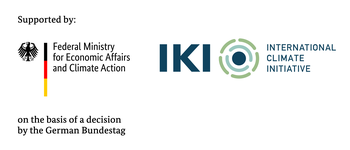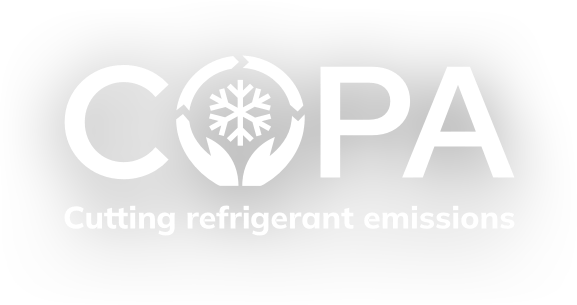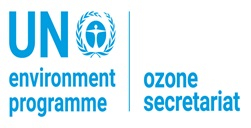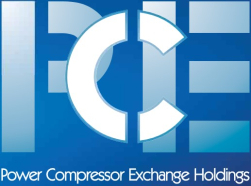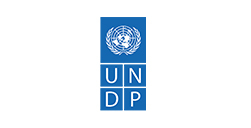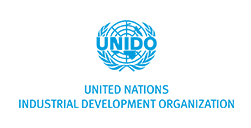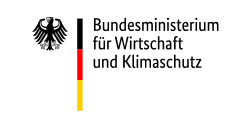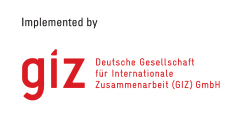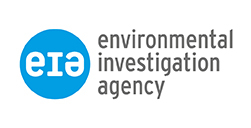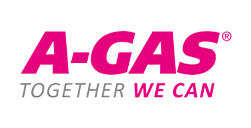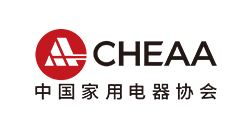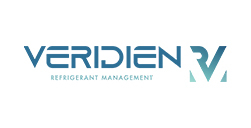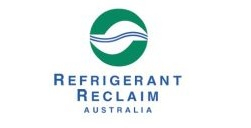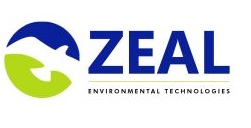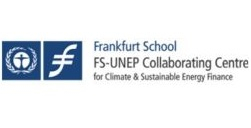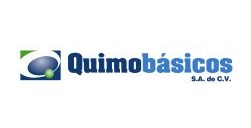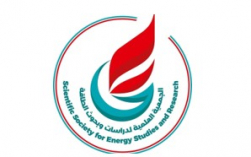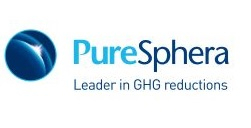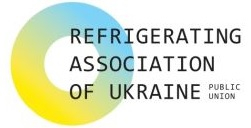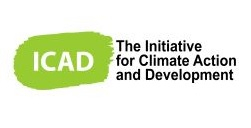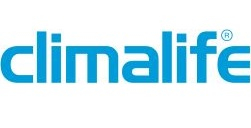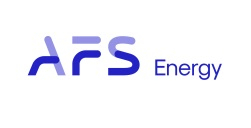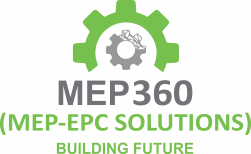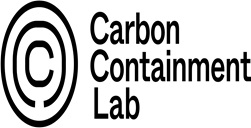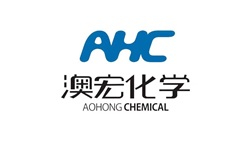COPA – Putting a spotlight on refrigerant management
The global demand for refrigeration and air conditioning continues to grow, significantly contributing to greenhouse gas emissions. If old cooling appliances are not disposed in an environmentally sound manner, it is estimated that emissions of more than 1.5 Gt CO2-eq. are released annually to the atmosphere from these so-called "ODS and HFC banks. This is equivalent to the annual emissions of 441 coal-fired power plants (Environmental Investigation Agency).
Outdated or end-of-life refrigerants, including foams, are not being managed in an environmentally sound manner, and lead to the accumulation of so-called ODS and HFC banks. These emit substances (CFCs, HCFCs, HFCs) that harm and deplete the ozone layer and contribute to global warming. Each year, approximately 1.5 Gt CO2-eq are released from improperly managed or disposed refrigerants. This corresponds to the annual greenhouse gas emissions of 441 coal-fired power plants. Currently, there are no global agreements or infrastructures in place to address this challenge.
Old appliances containing ODS and HFC substances represent a blind spot when it comes to climate action. At the same time this sector carries a huge cost-effective and sustainable mitigation potential. I am convinced that COPA can support a global shift to sustainable refrigerant management.
THIS IS WHERE THE CLIMATE OZONE PROTECTION ALLIANCE – STEPS IN
Copa brings together partner countries, private and public sectors and academia to advance holistic solutions for managing and reducing ozone-depleeting substances (ODS) and HFC banks. This collaborative effort aims to transition the cooling sector towards sustainable refrigerant management, by increasing knowledge, raising awareness, and securing sustaninable financing solutions.
HOW WE WORK
COPA works jointly with partner countries and diverse actors across private and public sectors to advance the holistic solutions needed to reduce ODS and HFC banks, and ultimately complete the shift in the cooling sector to sustainable refrigerant management.

COPA COUNTRIES
Our Activities focus on four topics
Alliance members across private and public sectors come together in thematic working groups (TWG) to jointly work on holistic solutions needed to reduce ODS and HFC banks. Find out more about our TWG:
![[tpl_image_alt] itpl_image_alt](/assets/images/tc1.svg)
Policy
Framework
For an effective management of refrigerants and foams at end-of-life, suitable policy measures are required like venting bans or mandatory recovery
![[tpl_image_alt] itpl_image_alt](/assets/images/tc2.svg)
Technology
Solutions
Working towards the best technical solutions for ODS and HFC recovery,
reclamation and destruction
![[tpl_image_alt] itpl_image_alt](/assets/images/tc3.svg)
Financing
Mechanism
Developing financial mechanisms for sustainable GHG mitigation measures in ODS and HFC banks.
![[tpl_image_alt] itpl_image_alt](/assets/images/tc4.svg)
Implementation
Models
Putting theory into practice and demonstrating how sustainable refrigerant management can be implemented.
News
